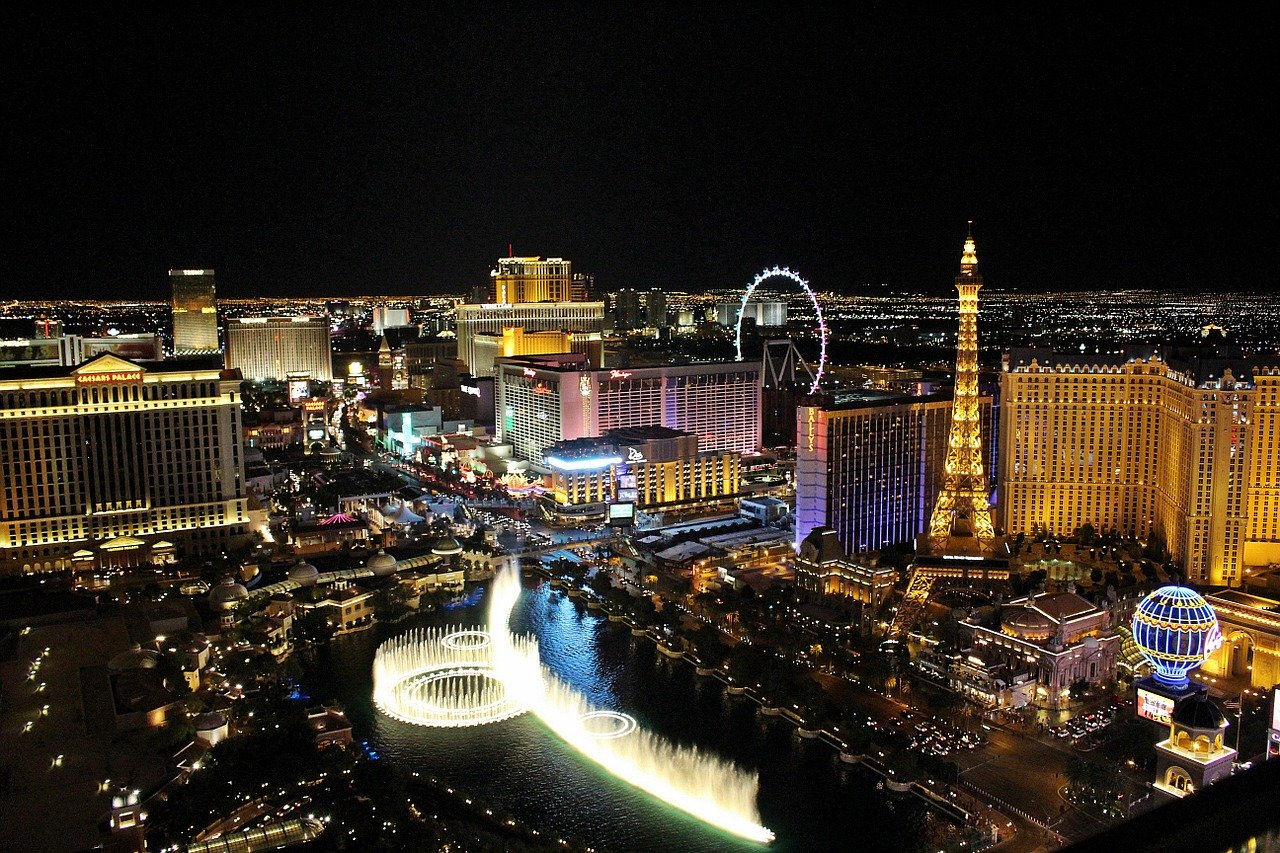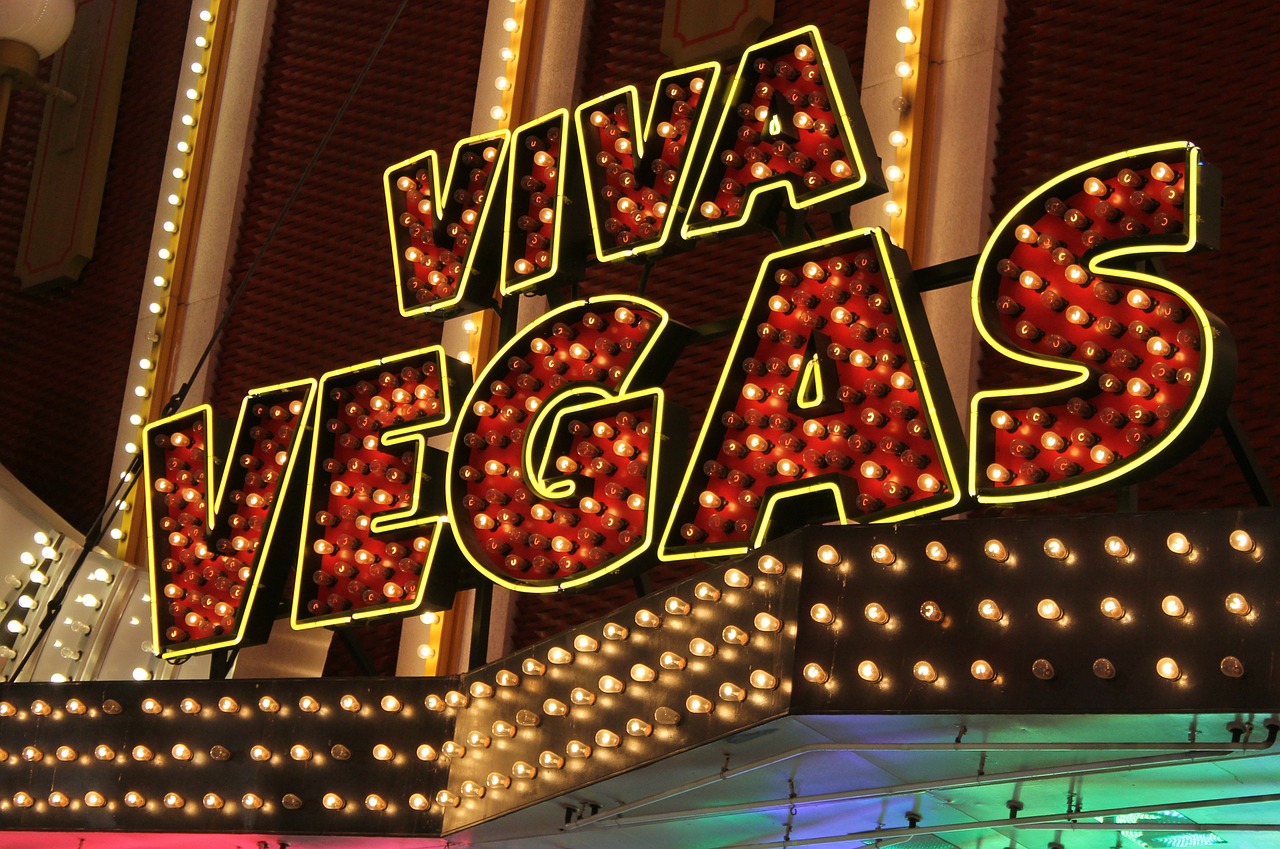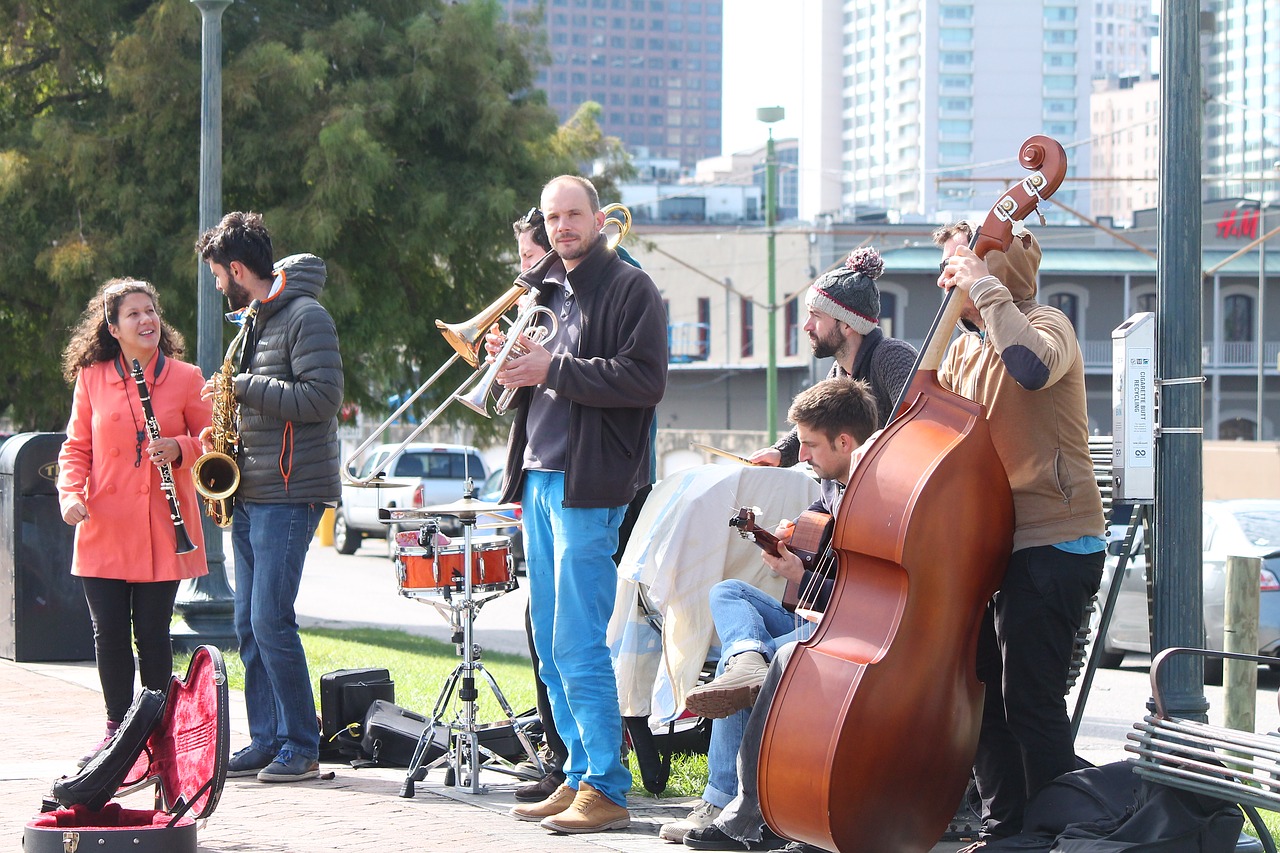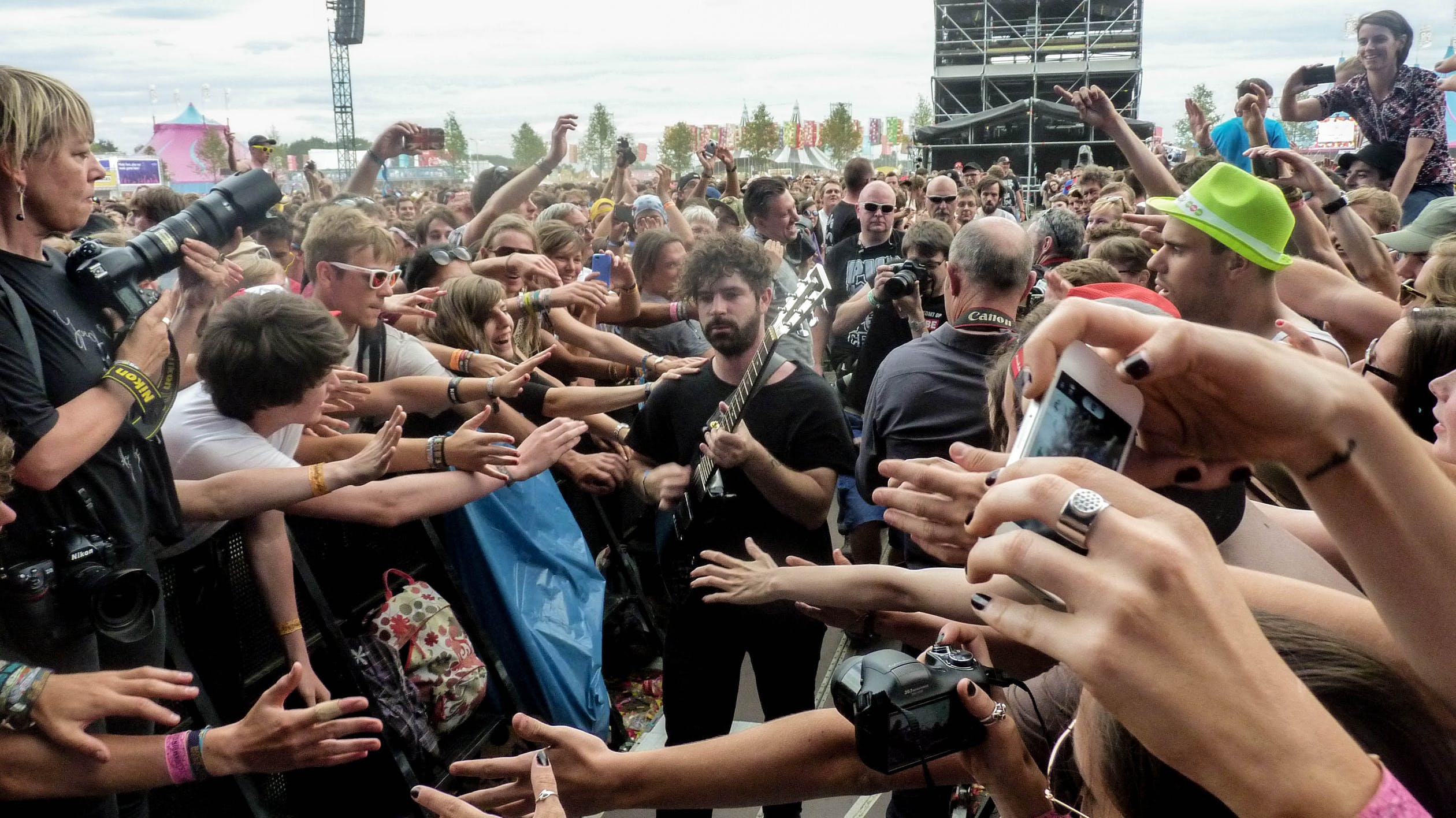
How would you define music tourism? It sounds like traveling to a country simply to listen to their music. That is only partially correct. Traveling used to be a much more exclusive and expensive hobby than it is nowadays. Music festivals are aimed at attracting global audiences and that is where music tourism comes in. Here is why it matters.
The Need for Tourists
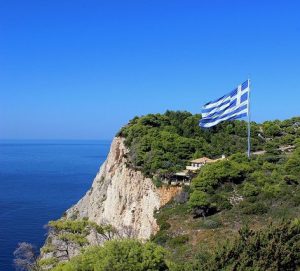
There are many locations, countries, and cities that do not have a lot to offer to the average tourist. We are not saying these places are bad, just that they can’t accommodate the needs and wants of someone who is looking for cheap and fast Wi-Fi in a popular fast food restaurant a couple of hours after taking a selfie at a temple or monument.
Because of this, many countries are missing out on the income and the economic boom that tourism brings to others. Consider Greece, if you will. Without tourism, its debt would be beyond manageable. It is precisely the fact that it is visited by people from all over the world that is keeping the country afloat.
Attraction and Culture
As music festivals become more famous, so do the gates of the country or city become more open to foreigners that are eager to see these artists and events in person. People coming to the country of the band or the festival boost the local economy with their presence. There is even emergence of the little sub-economy in the form of souvenirs and mementos.
Music tourism is also important for experiencing different cultures. In this case, it is not just the traveler that senses a bit of a culture shock, but the locals as well. Music festivals and concerts are perfect places for people from different backgrounds to meet for the first time, as music events are filled with positive and powerful energy.

Appropriate Marketing
With the era we are in now, it is easy to see the effects of social media marketing on the growth of music tourism. The promotions, hashtags, pins, and other ways of communicating to the global audience that the event is happening are infinitely more effective than simply advertising it through the traditional means of television. Every time someone shares the news, more and more people get to see it and become aware of it, making the event that much more coveted. Not only that, but sharing itself generates revenue in money saved on advertisements.
Is It a Good Thing?
If handled properly, undoubtedly. As long as everyone follows the rules of conduct and there is an appropriate amount of security at the event in question, music tourism can be very healthy for the city or country. In fact, it doesn’t have many of the negative effects other forms of tourism have, like too much globalization or defacing public sites. On second thought, to be fair, the latter does still occur sometimes, but less so than in other forms of tourism.

